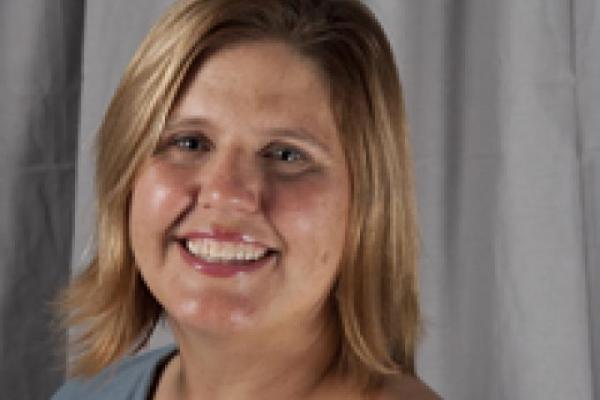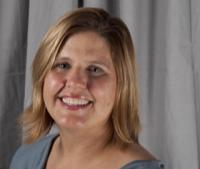
First results from the Fermilab muon g-2 experiment
Dr. Renee Fatemi
University of Kentucky
Faculty Host: Michael Lisa

Abstract: Precision measurements of the static properties of leptons and baryons are increasingly important in an era where signatures of beyond the Standard Model (SM) physics continue to elude experiments operating at the energy frontier. The anomalous magnetic moment of the muon ($a_\mu$) can be calculated and measured to extraordinary precision, permitting a unique sensitivity to contributions from new particles and forces. Nearly two decades ago the g-2 experiment at Brookhaven National Laboratory published a 540 part-per-billion measurement of $a_\mu$. At the time this value was larger than the theoretical Standard Model calculation by nearly 3$\sigma$, a deviation that has grown to 3.7$\sigma$ as the error on the theoretical calculations steadily decreased. The new muon g-2 experiment at Fermilab (E989) aims to reduce the errors on $a_\mu$ by a factor of four and shed light on this growing discrepancy. When combined with the expected improvements in the Standard Model calculations E989 should be able to definitively conclude if the Brookhaven result is due to unknown particles or forces. This talk will present an important step towards this goal, a 460 part-per-billion measurement of $a_\mu$ from the data collected during the first E989 experimental running period in 2018.
Bio: Renee Fatemi is a Professor of Physics at the University of Kentucky. She received her PhD from the University of Virginia in 2002 for her work developing polarized targets for proton spin structure measurements at the Thomas Jefferson National Accelerator Facility. The opportunity to access the gluon sector in proton spin structure measurements led her to continue this work at the Relativistic Heavy Ion Collider, first as a postdoctoral scholar at Indiana University and then at MIT. During this time she was integral to the efforts to apply traditional jet reconstruction techniques to spin observables. In 2014 she joined the Fermilab g-2 experiment, where she helped develop and run simulations that model the beam dynamics of the muons in the storage ring. She is currently serving on the Department of Energy Nuclear Science Advisory Committee and as the chair of the steering committee for the future Electron Ion Collider. Outside of physics Renee spends her time hiking in the gorge, open water swimming and cooking for friends and family.
